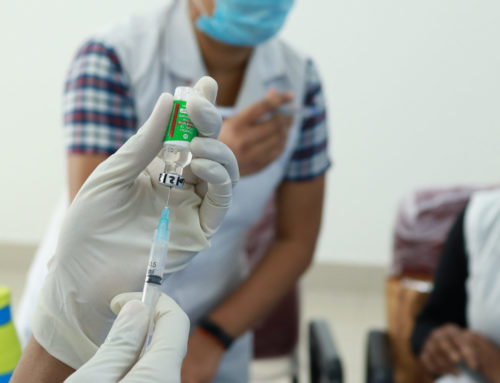The Western Cape High Court has ruled that the Minister of Defense is liable for the damages suffered by a corporal of the South African Air Force, when he was a victim of what Judge Allie, the presiding High Court Judge, described in her judgment as the particularly cavalier attitude of 2 Military Hospital’s doctors to his treatment and care.
Two main legal issues arose in this case. Firstly, whether the treatment given at 2 Military Hospital did not meet the requisite legal standard of care and secondly whether the Plaintiff failed to mitigate his damages by his refusal to give consent for a particular procedure.
The standard of care expected from a doctor is that of a reasonably skilled practitioner. The court quoted from the case of Mitchell v Dixon which stated that a medical practitioner “is bound to employ reasonable skill and care, and he is liable for the consequences if he does not”. Further, Malcolm Lyons& Brivik Inc argued that the failure to act in accordance with an awareness of possible danger as a reasonably skilled and careful doctor ought to, has been found to constitute negligence.
The Plaintiff was an obvious candidate for an emergency small bowel study which, had it been performed, would have revealed that he was suffering from a small bowel obstruction. However, a delay of nearly two months in which doctors failed to give a definitive diagnosis, and during which the Plaintiff suffered greatly, resulted in the perforation and sepsis of his abdomen requiring emergency surgery. The negligence of the doctors was described by Allie, J as “a continuous series of omissions and failure which culminated in the necessary procedure not being performed timeously or at all.” The court found that, after hearing argument from Malcolm Lyons & Brivik Inc, the Defendant had in its treatment of the Plaintiff failed to act with reasonable care and skill and had thus been negligent.
The failure of the doctors at 2 Military Hospital to perform the urgently needed laparoscopy/laparotomy was proved through the calling of expert evidence to be the cause of the eventual perforation of the Plaintiff’s small bowel and the emergency surgery.
The court then had to deal with the second issue; the Defendant’s allegation that a laparoscopy/laparotomy was scheduled to be performed but the Plaintiff allegedly withheld his informed consent and refused the procedure. The National Health Act makes specific provision for a patient to be adequately informed of the range of procedures and treatment options available, the risks and benefits of such options and the implications and risks of the patient exercising his right to refuse such treatment. Malcolm Lyons & Brivik Inc argued that the patient must be given sufficient information to enable him to make an informed decision. The HPCSA has formulated ethical guidelines with regards to seeking a patient’s informed consent and these constitute a yardstick against which the professional conduct may be measured- a yardstick the Defendant failed to meet.
During cross-examination it was revealed that the importance of the procedure and the adverse consequences should it not be performed were never explained to the Plaintiff. Further, such refusal of consent and the alleged discussion about the treatment was never recorded in any part by the doctors. Allie, J found that the Defendant had failed to show on a balance of probabilities that the Plaintiff had withheld his informed consent.
The Plaintiff was successful in proving the liability of the Defendant for the Plaintiff’s damages due to the negligent treatment he received at 2 Military Hospital. Malcolm Lyons & Brivik Inc will now assist the Plaintiff to prove the amount of his damages suffered and to recover same.






